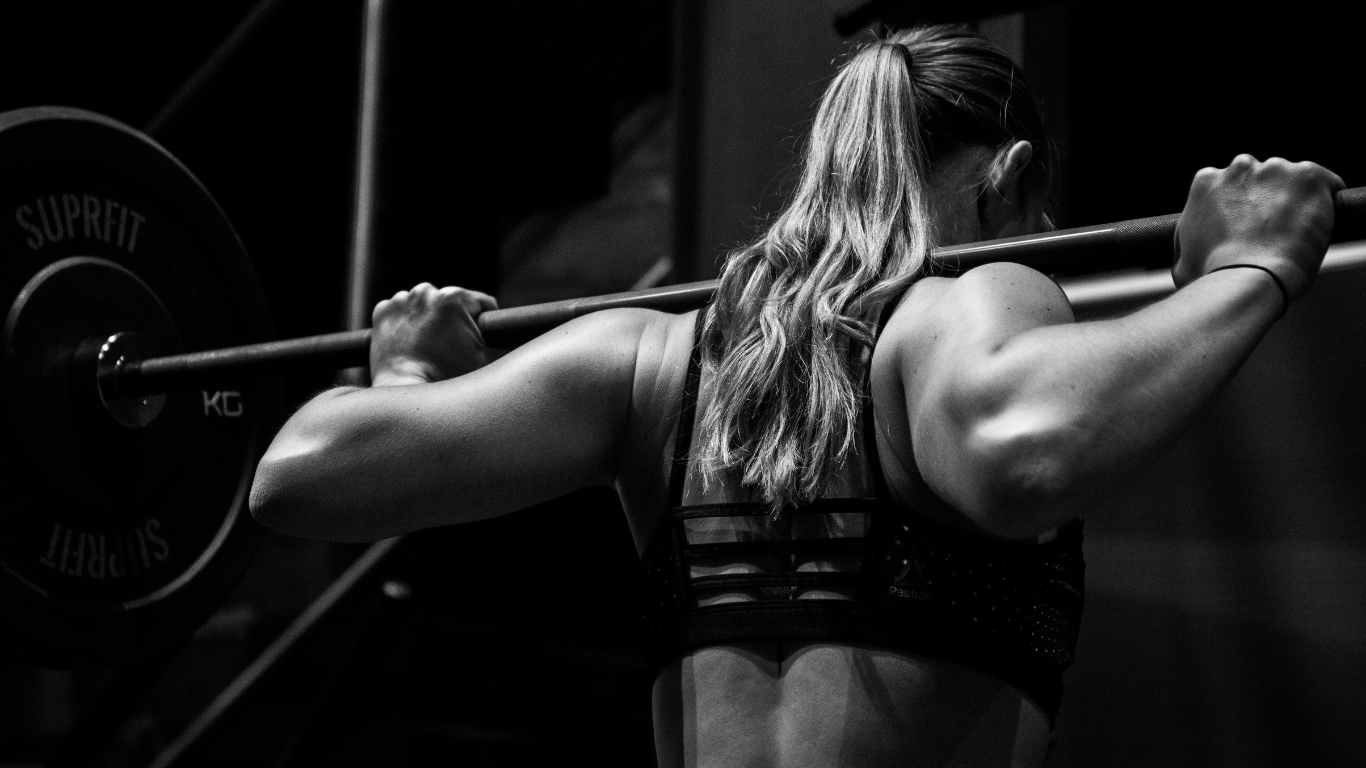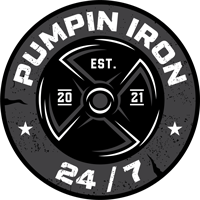Preparing to Return to the Gym: 4 Tips for Physical and Mental Readjustment
We've all been guilty of taking a health and fitness hiatus at some point in our life. We've gathered some tips to help you get back into the swing of things!
1. Adjust Your Expectations
Don't anticipate being at the same fitness level as before the closures. Whether you've been training at home or not, the intensity and volume likely haven't matched what you did in the gym. To avoid injury, ease back into your routine. For strength training, scale back to around 80-90% of your previous maximum. If you're into high-intensity intervals, aim for 80% of your usual capacity initially. Gradually ramp up to avoid overexertion and potential setbacks.
2. Anticipate Muscle Soreness
Expect some soreness. Muscle soreness is a natural response to the stress of exercise and indicates that your muscles are adapting and repairing. Remember the initial soreness when you started training? Take it easy initially, but understand that some soreness is part of the process. To minimize discomfort, stretch before and after workouts and consider consuming protein post-exercise to aid muscle recovery.
3. Prioritise Protein for Recovery
Protein plays a crucial role in muscle repair and growth. Aim for 1.6-2.2 grams of protein per kilogram of body weight daily to support muscle recovery. If you're training in the morning on an empty stomach, try to consume protein shortly after your session. Good protein sources include meat, seafood, eggs, dairy, tofu, beans, legumes, and protein powders for convenience.
4. Embrace Carbohydrates for Energy
Carbohydrates are essential for energy, particularly during high-intensity exercise. They fuel your workouts and help you perform at your best. Adjust your carbohydrate intake based on your training intensity and volume. Complex carbohydrates like potatoes, rice, pasta, and whole grains are ideal choices. Aim to include carbs in meals before and after training sessions to optimize energy levels and performance.
Conclusion
Nutrition and preparation are vital for maximising your gym sessions. Take time to mentally and physically prepare before returning. Set realistic expectations, listen to your body, and prioritize both nutrition and training plans to achieve your fitness goals safely and effectively.

- by My Store Admin
Tips for Getting Back into the Gym
- by My Store Admin

Share:
Optimising Performance through Nutrition
Setting Realistic Fitness Goals